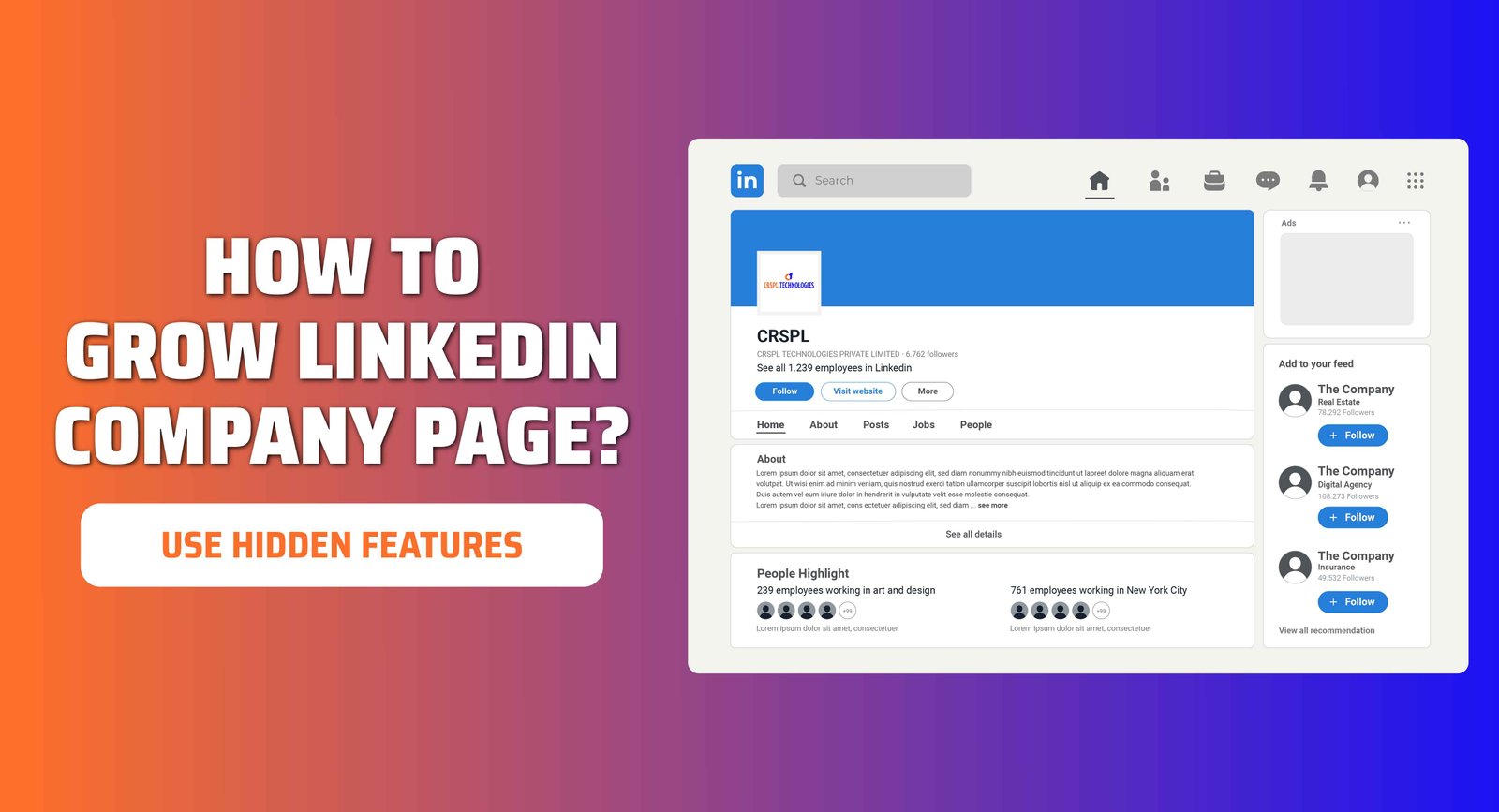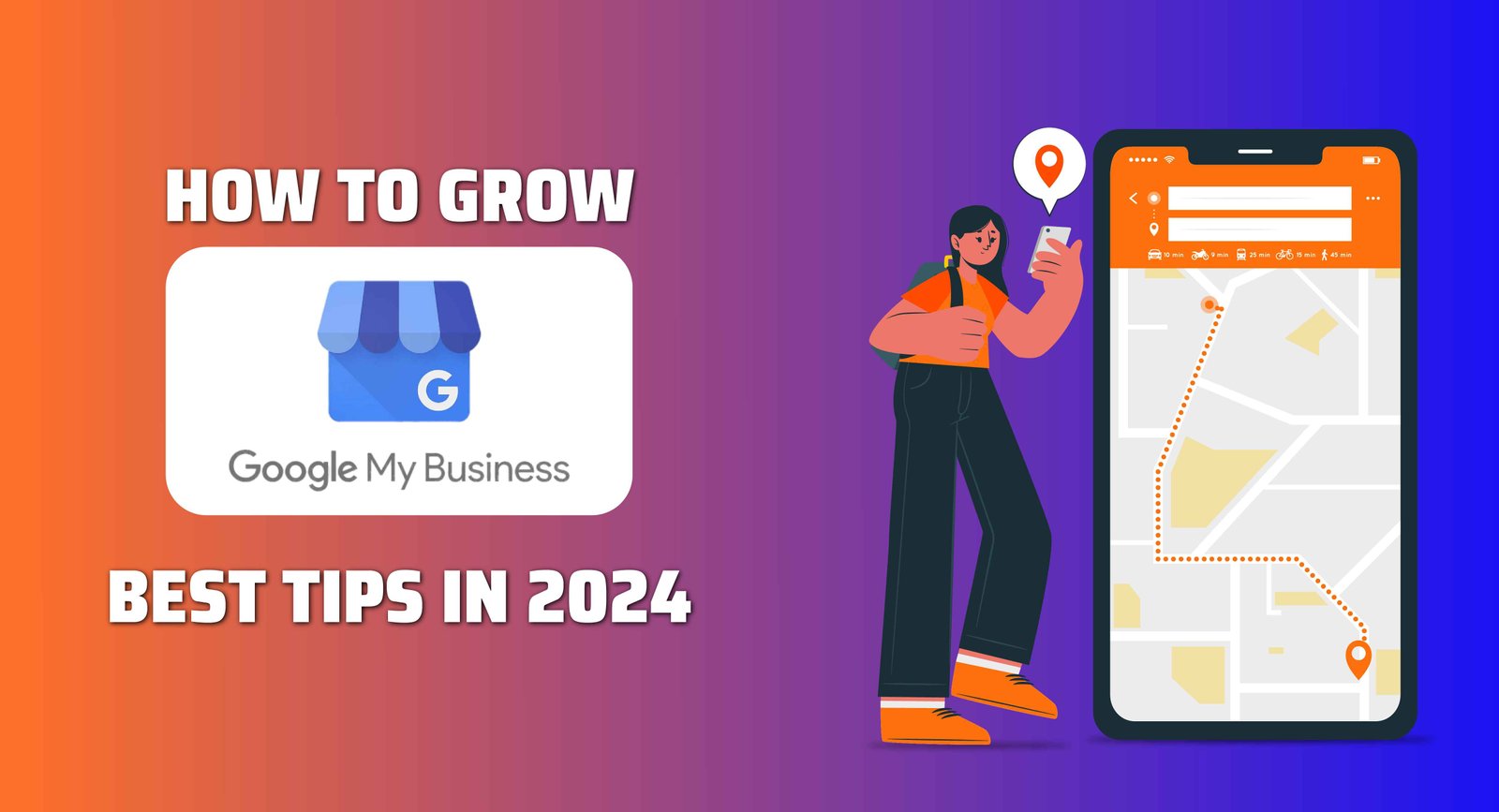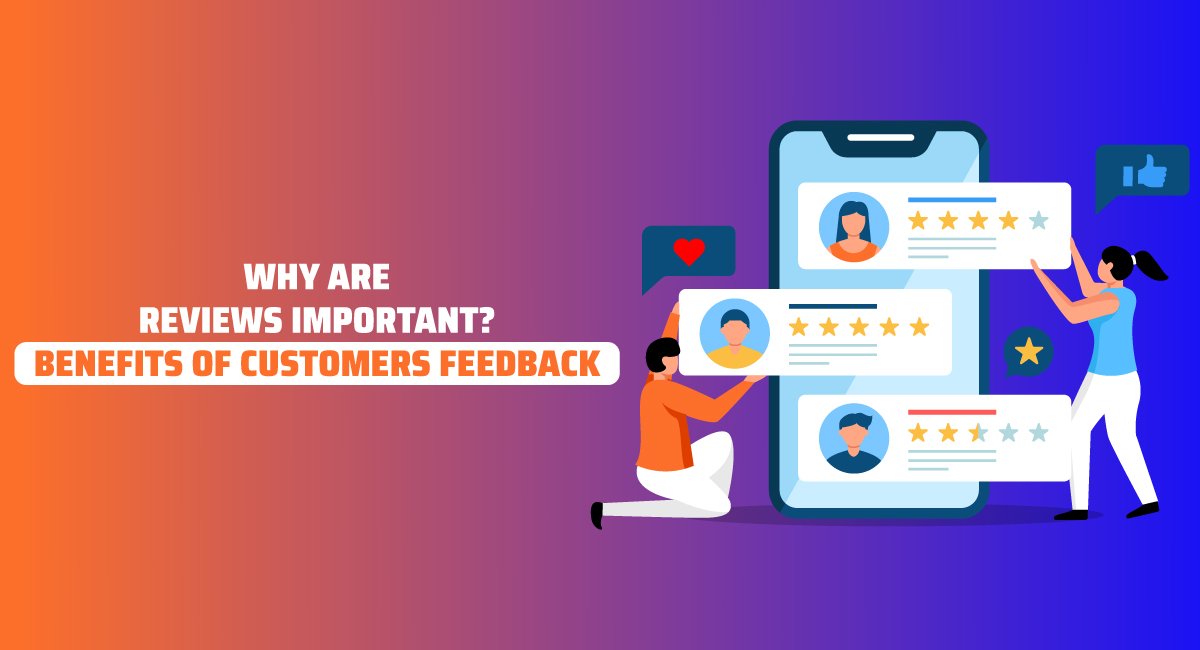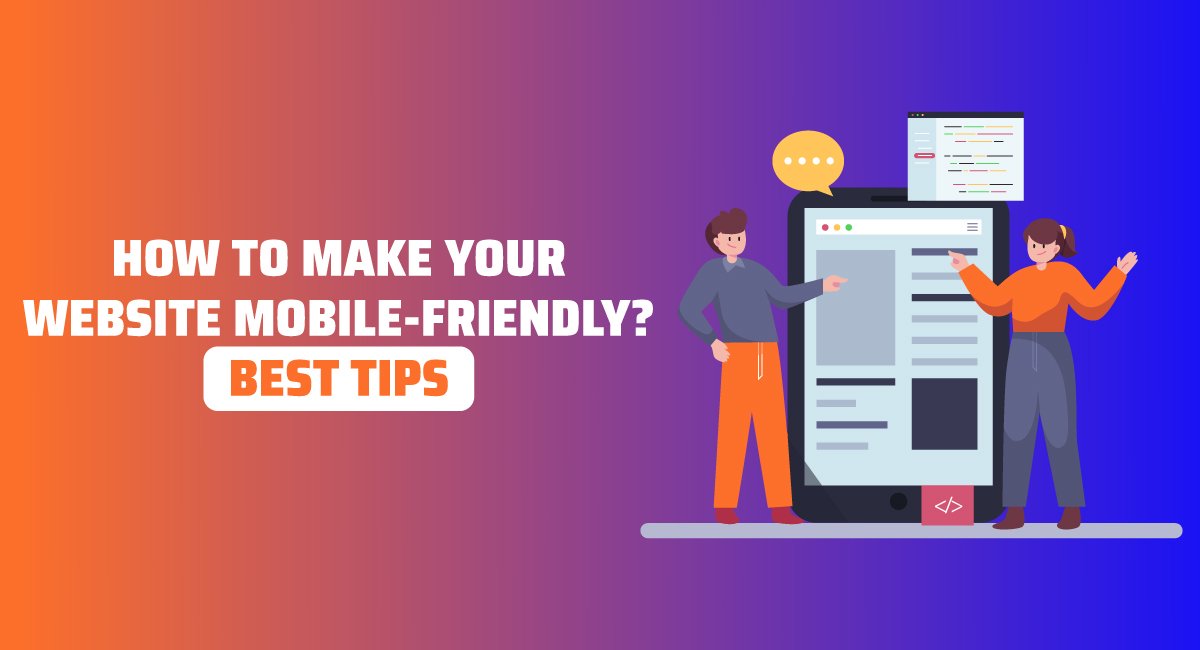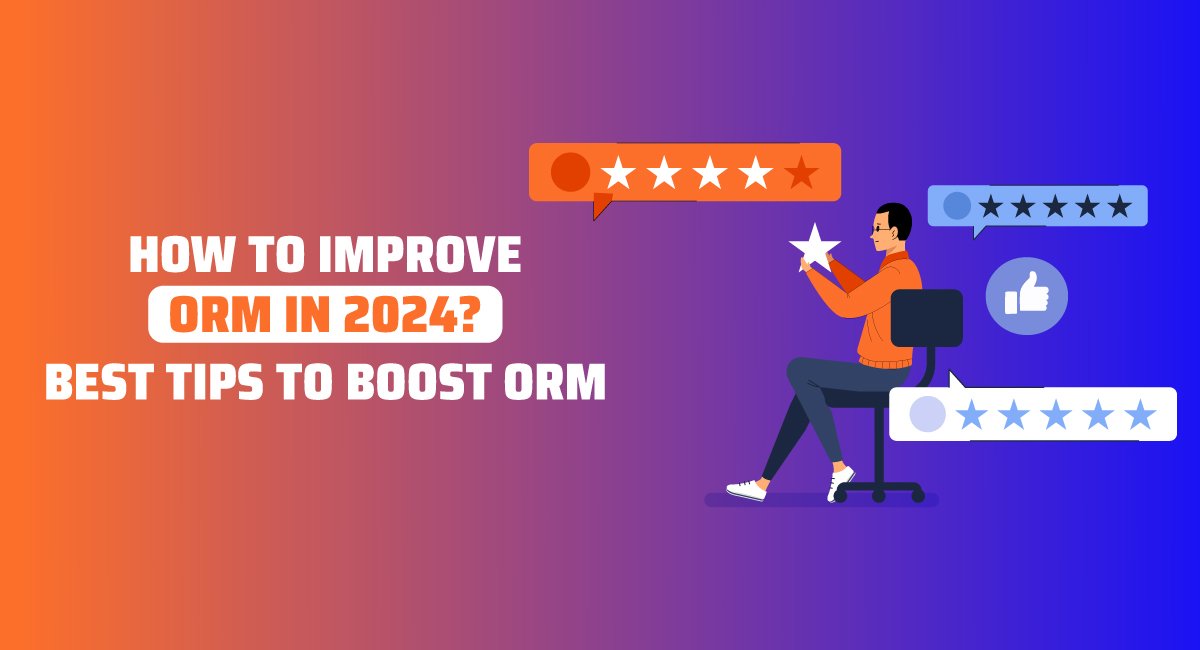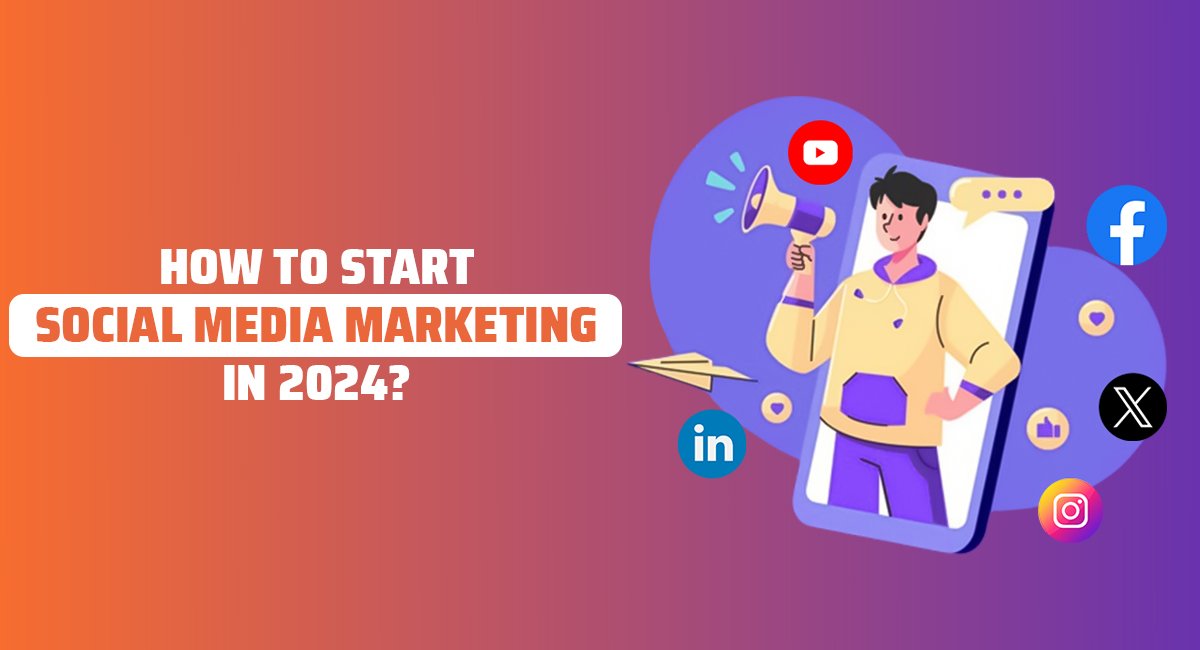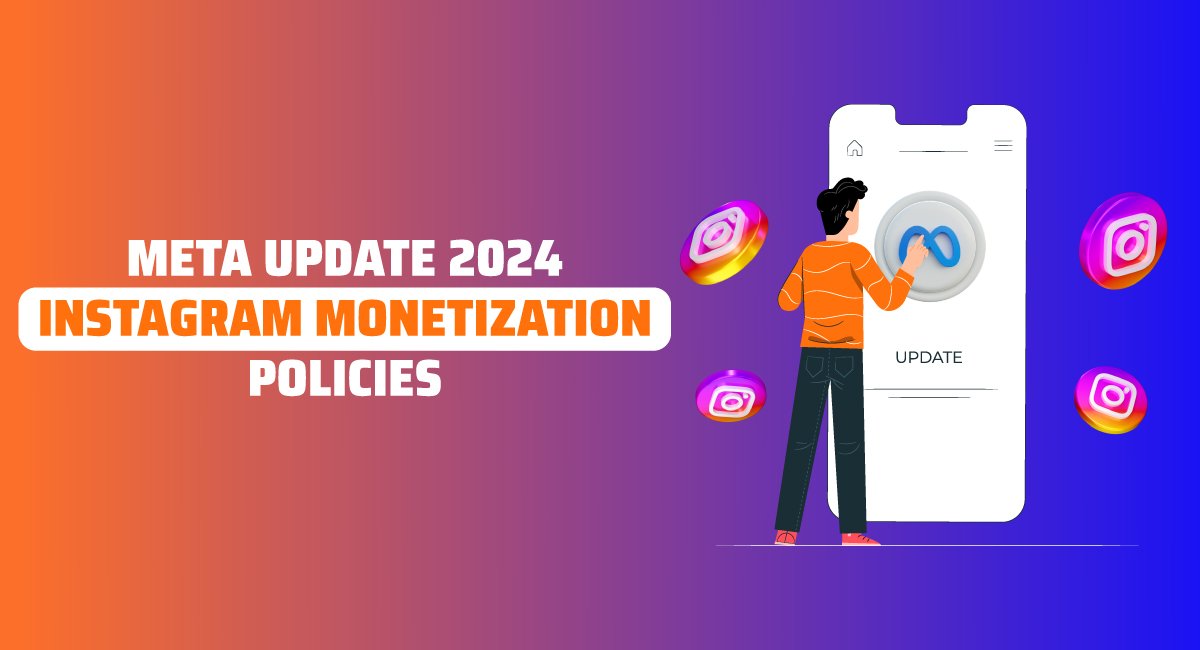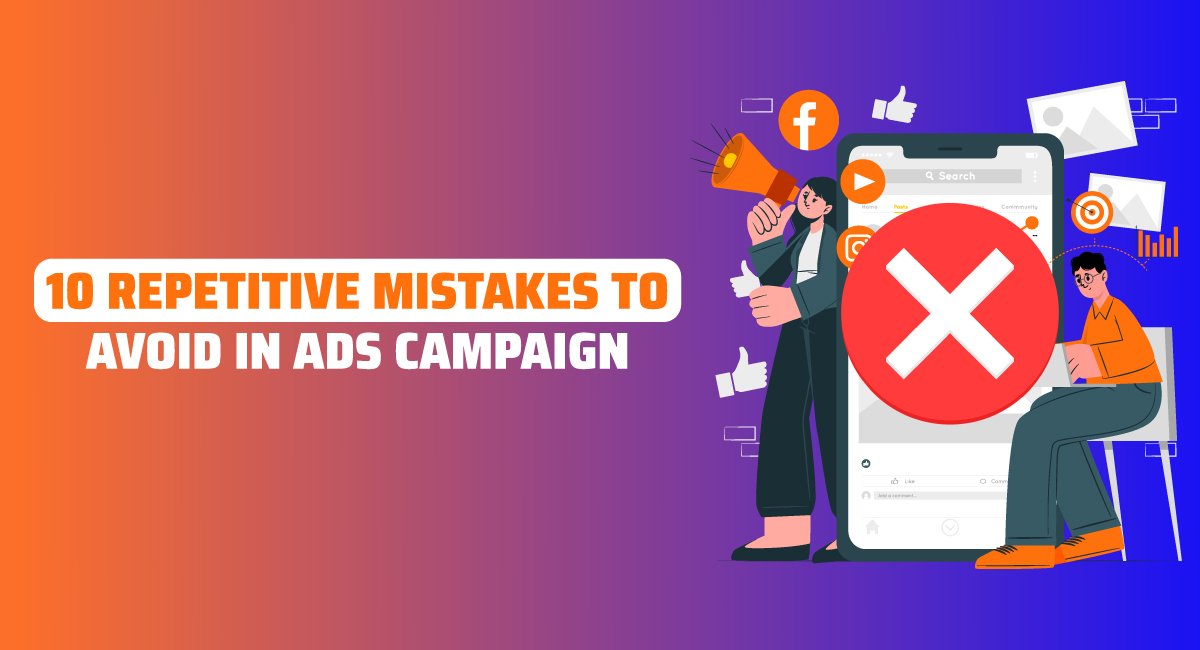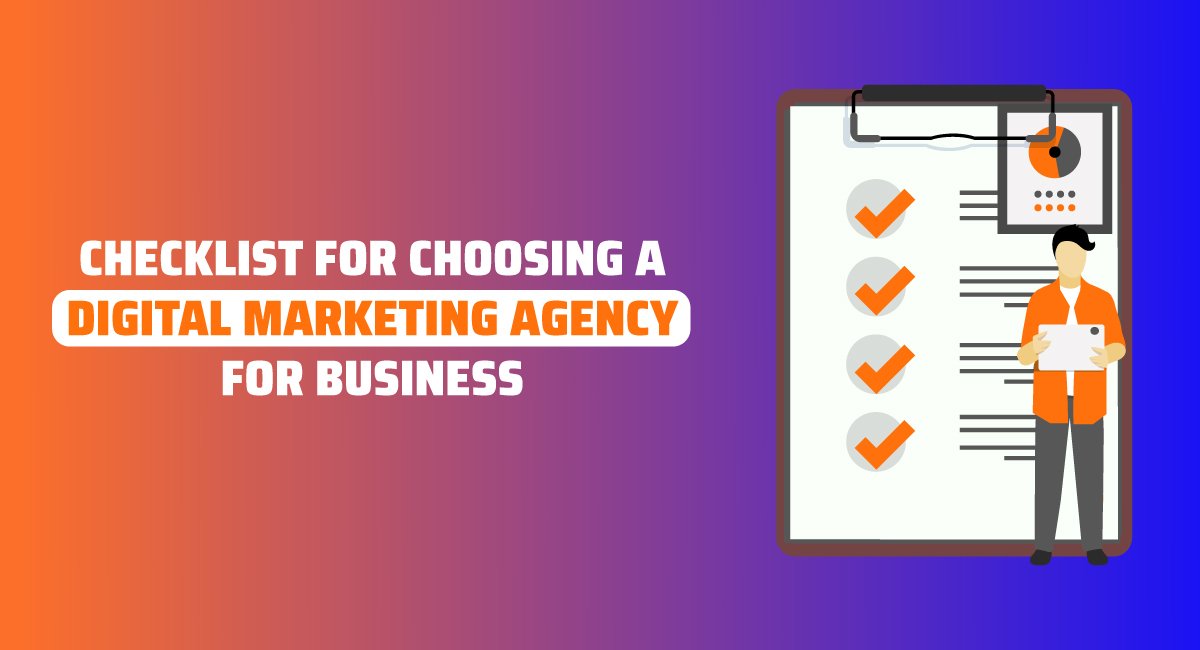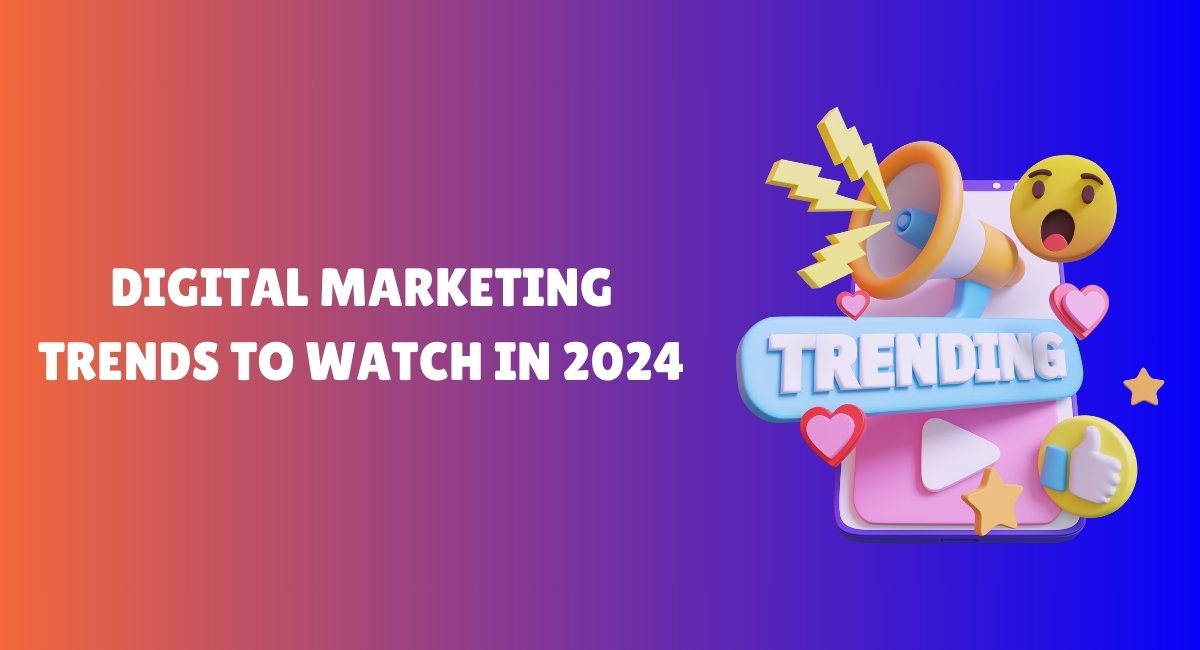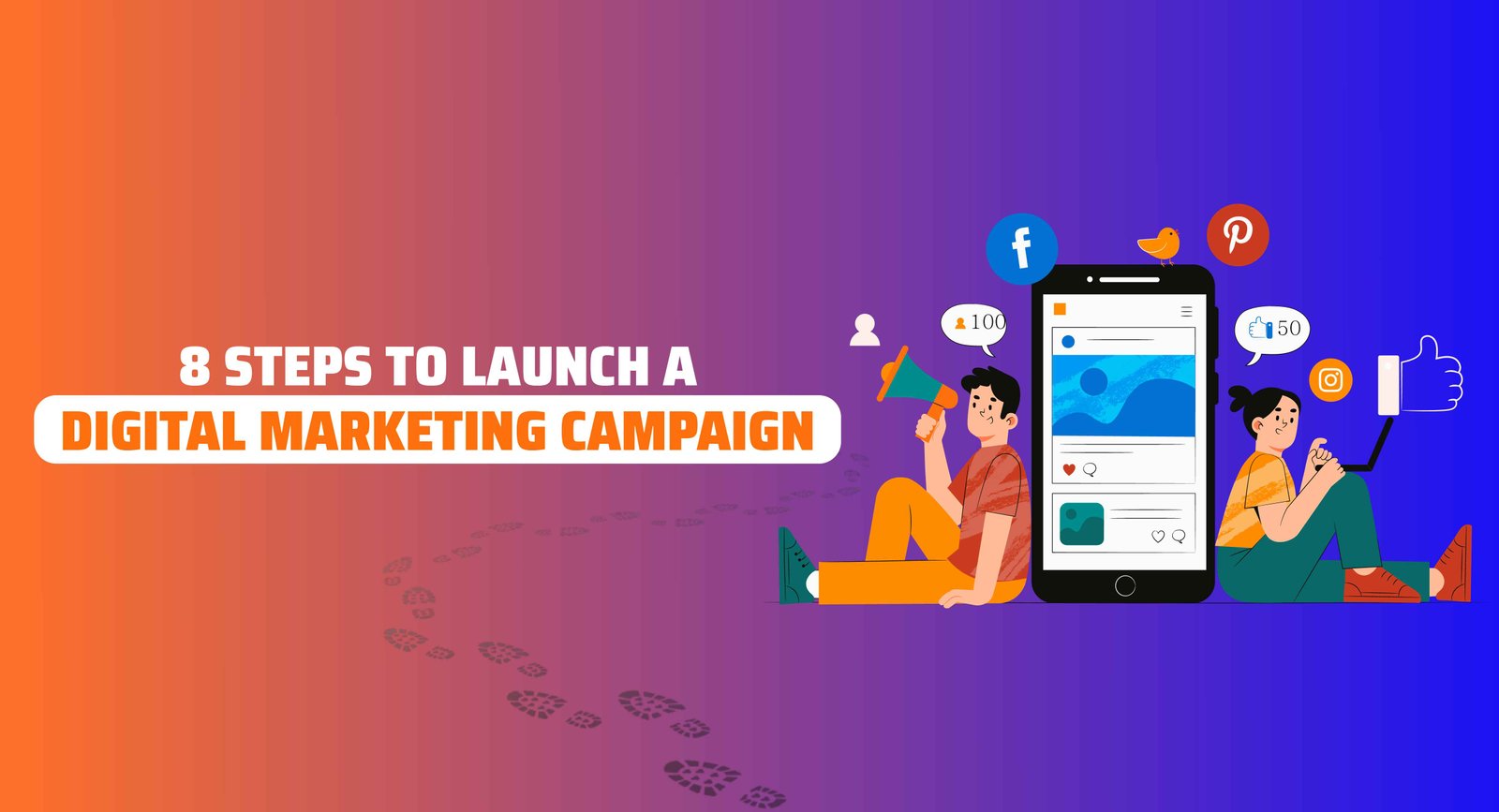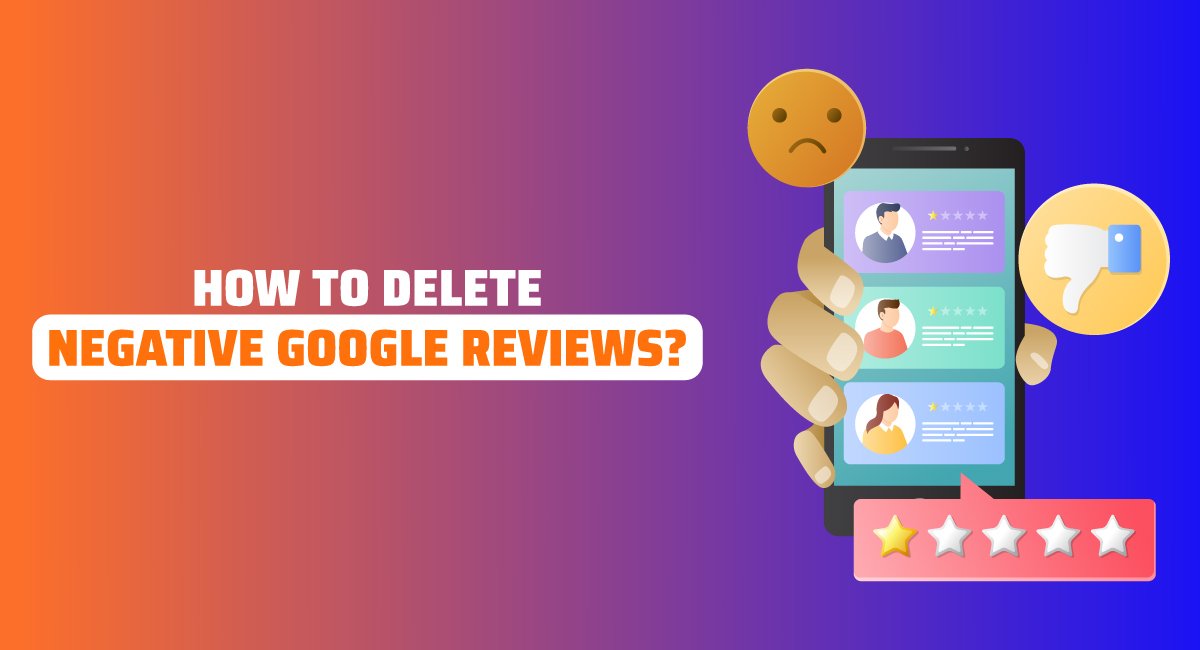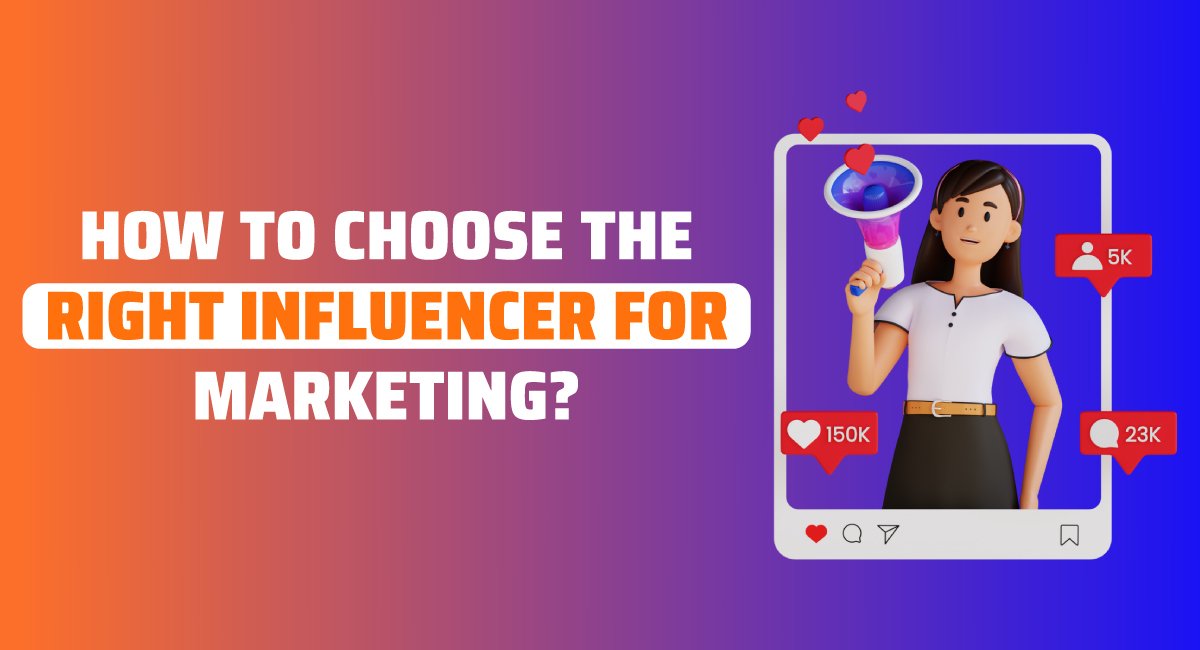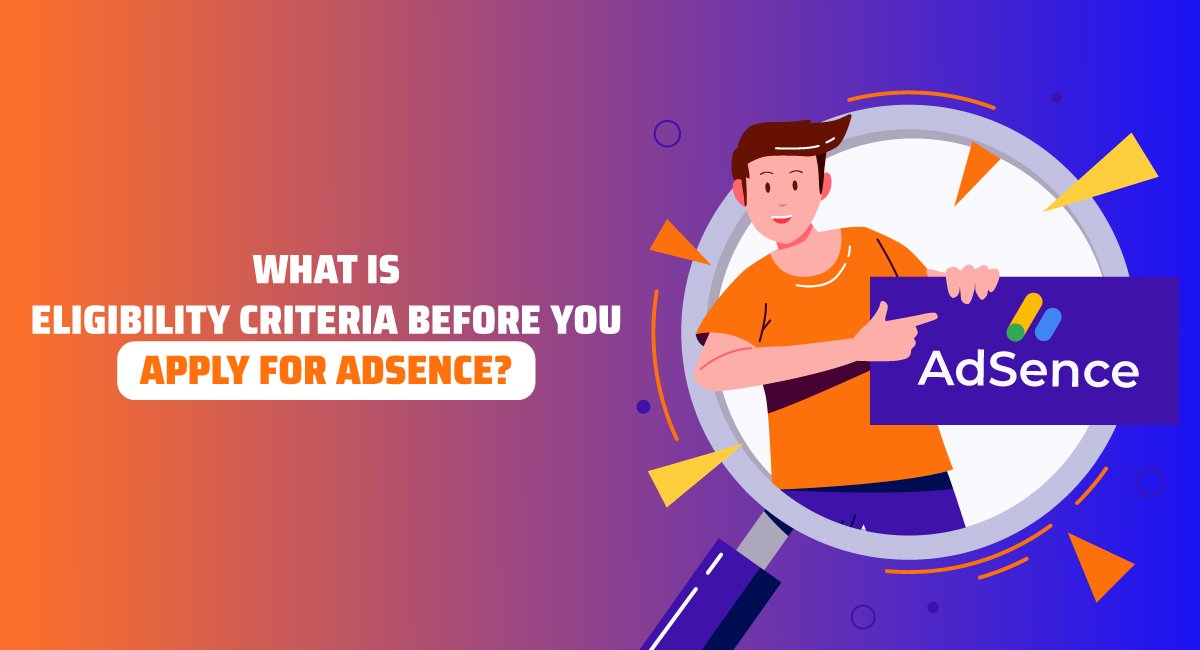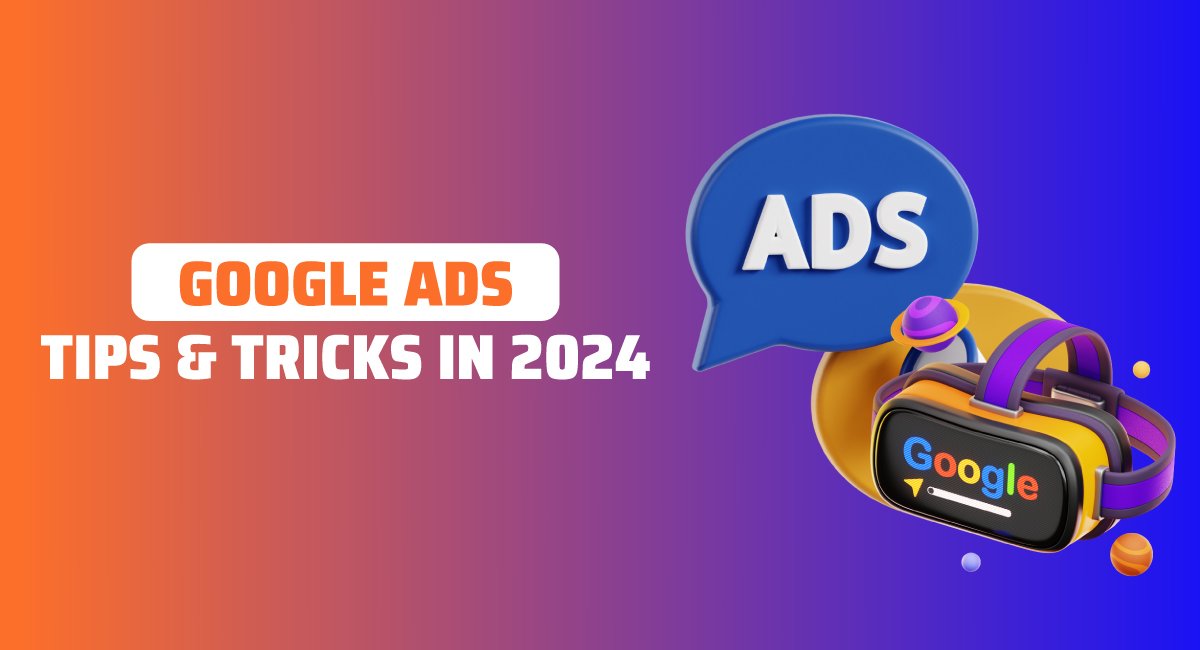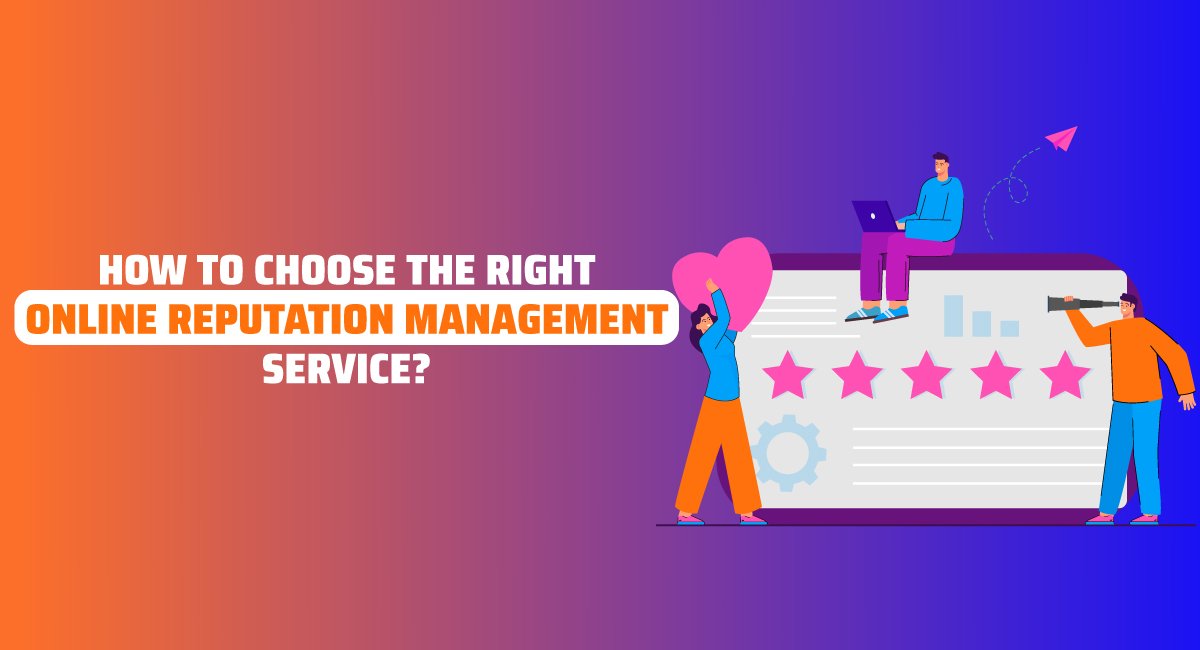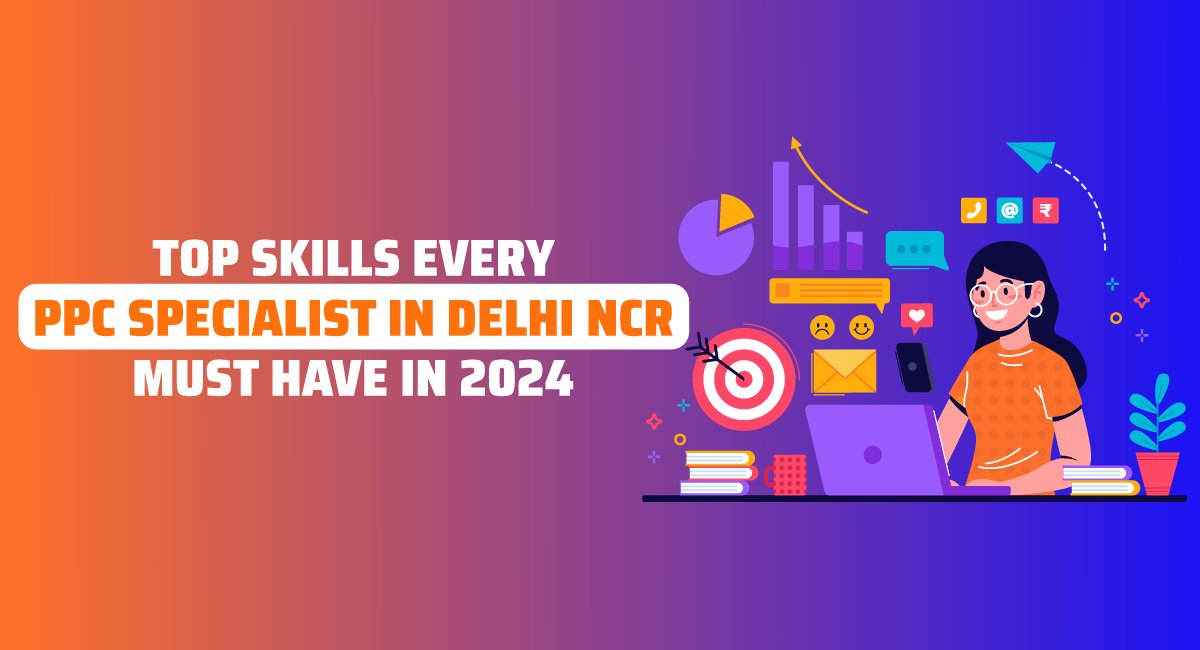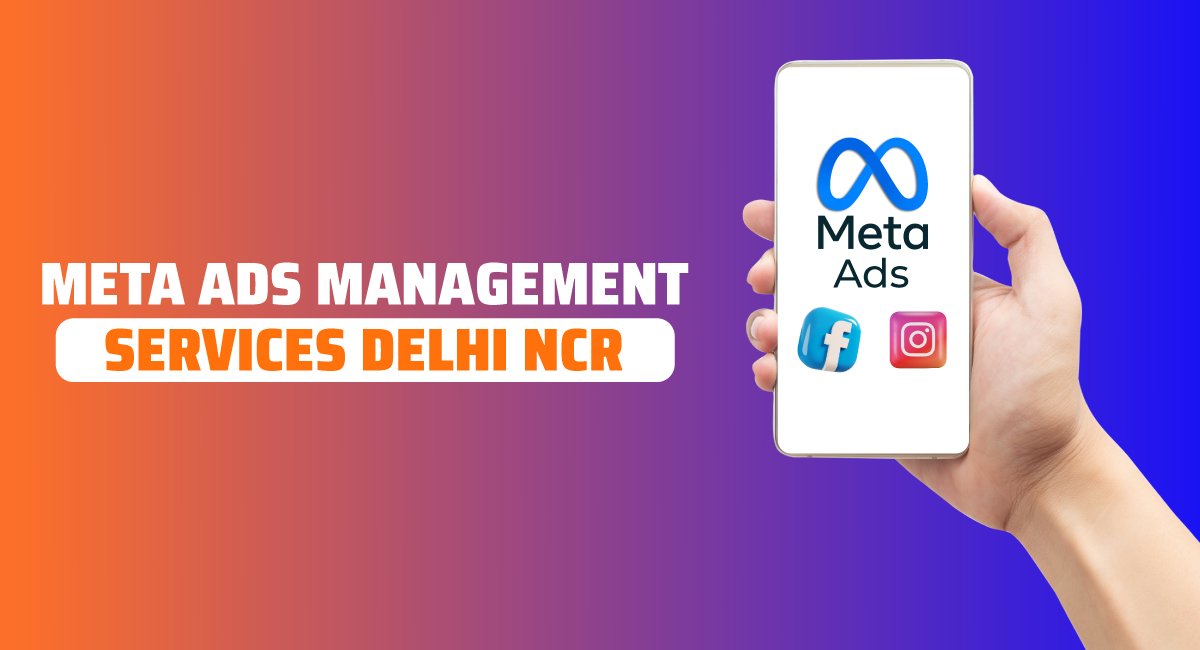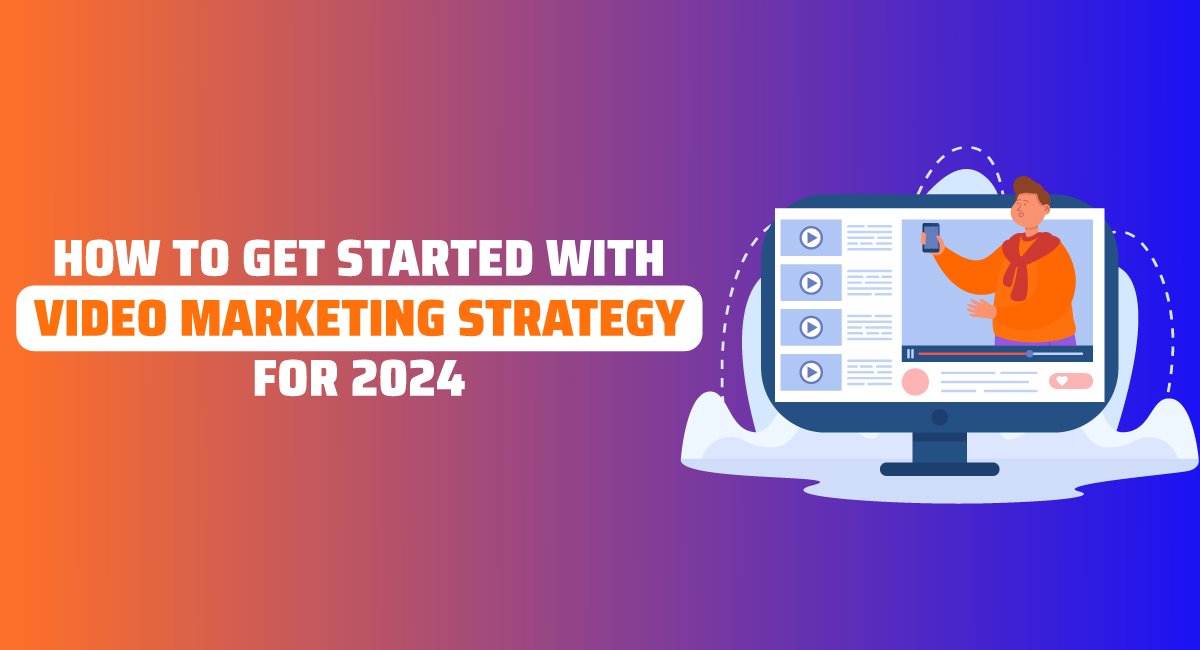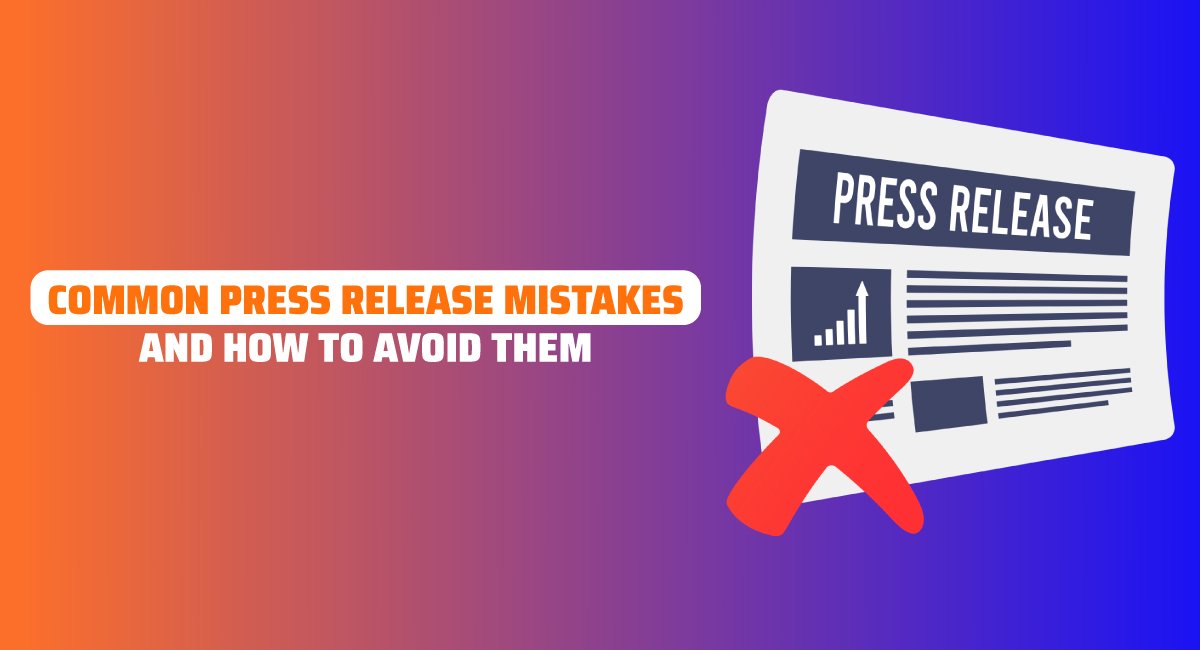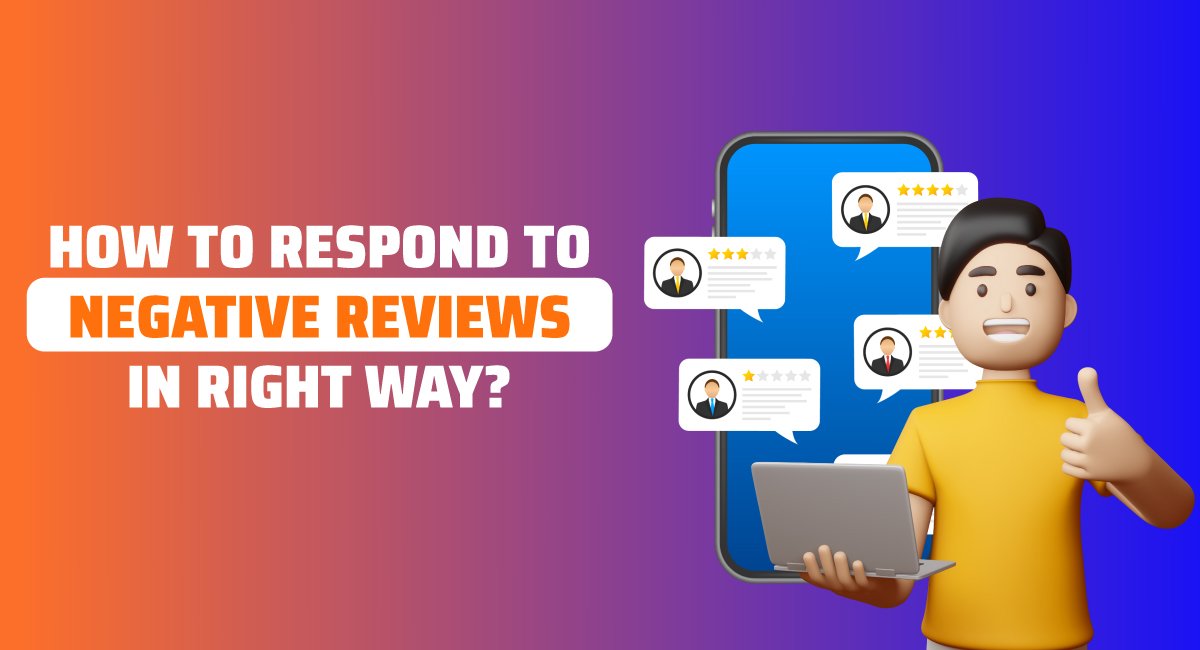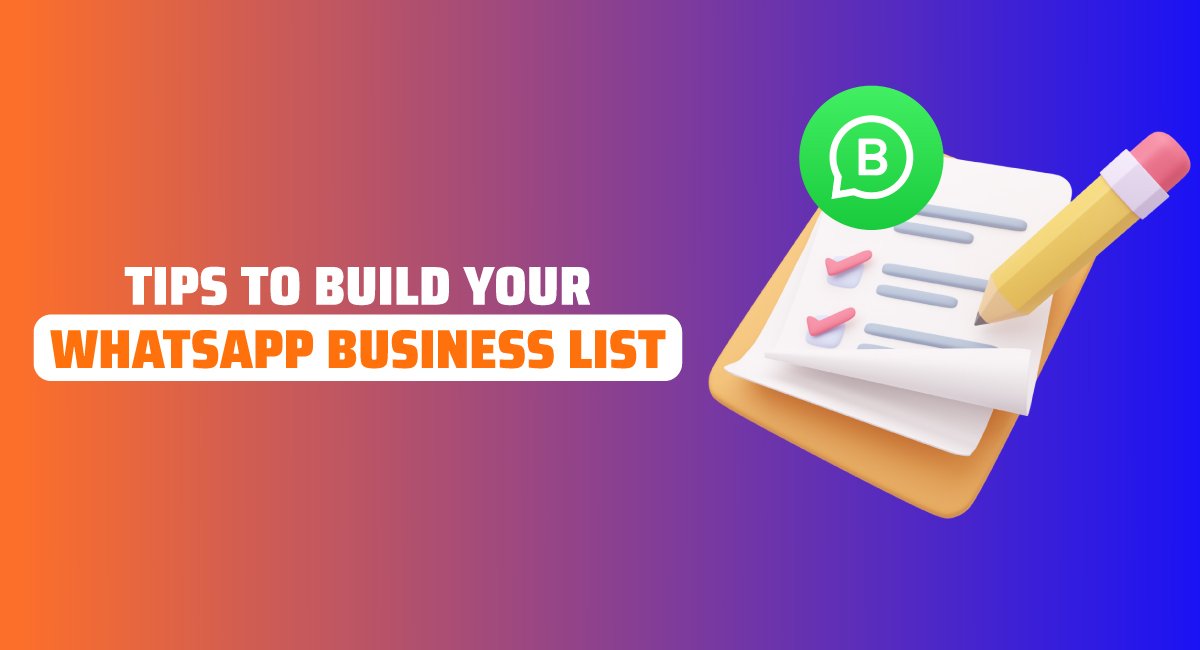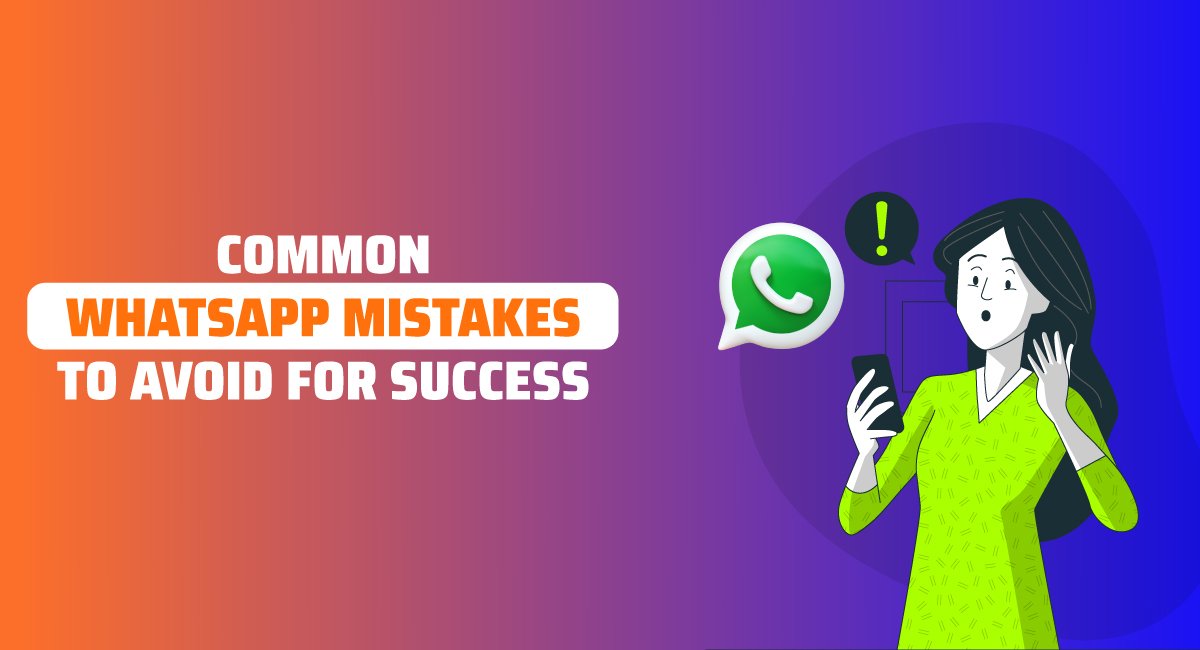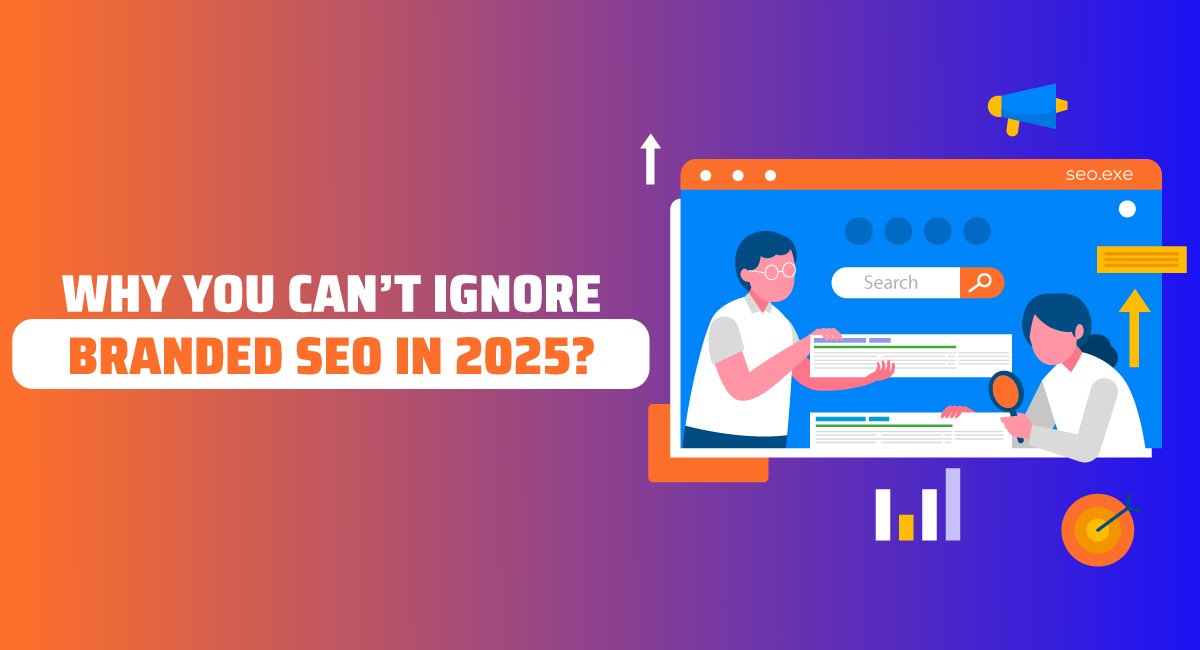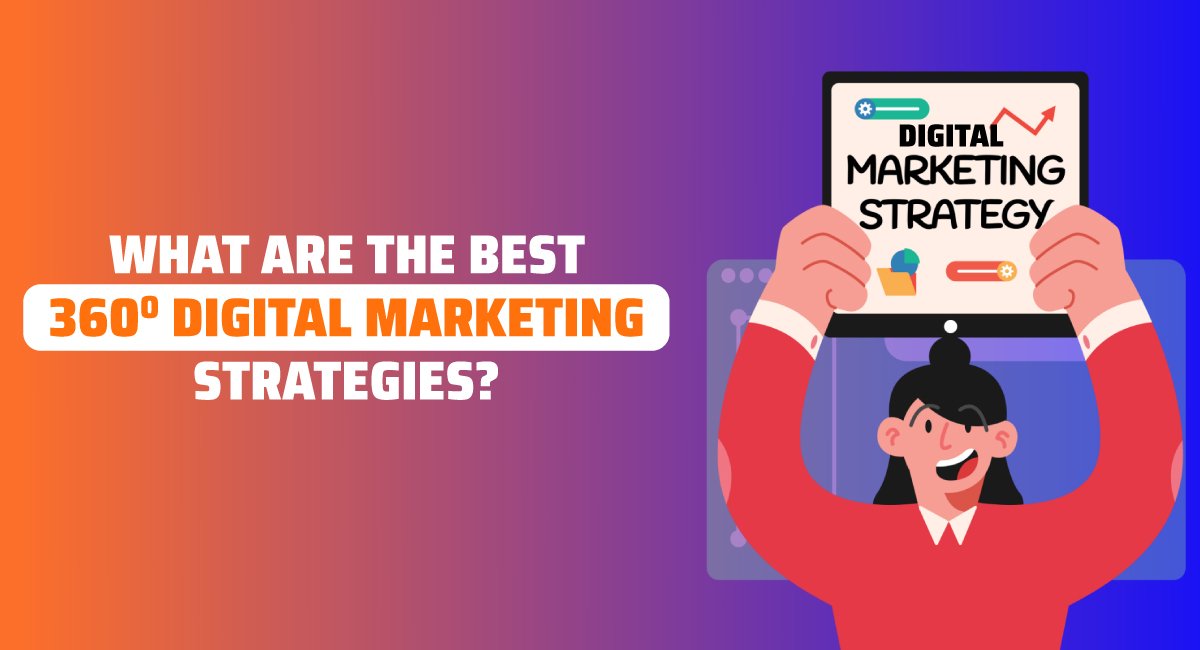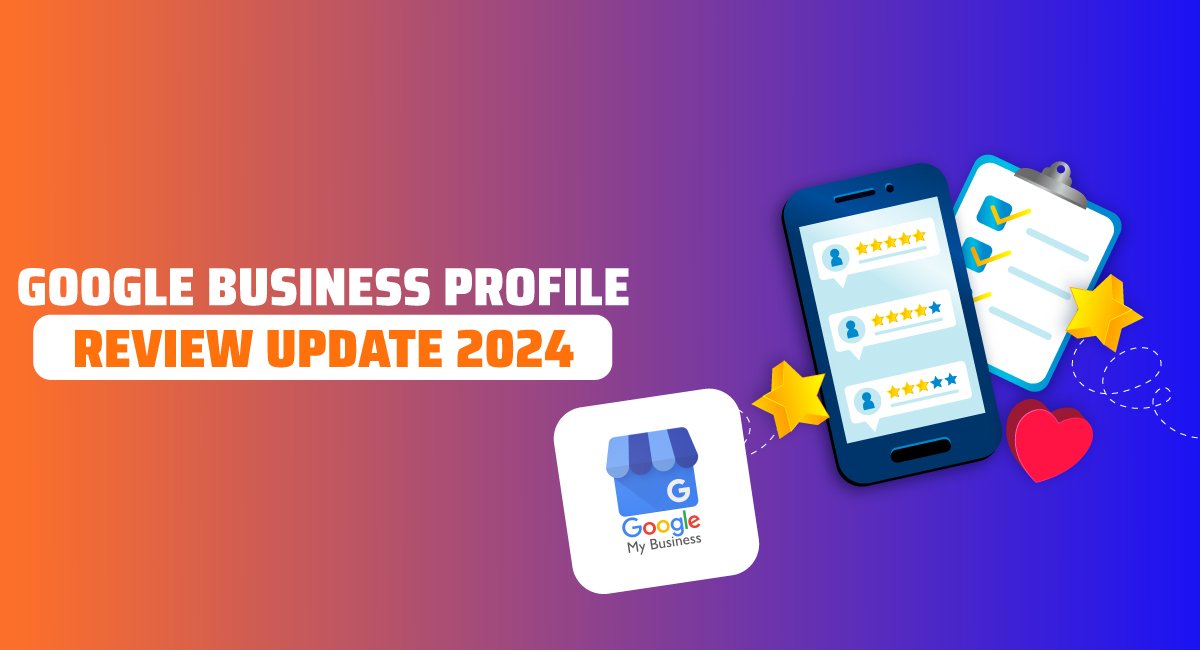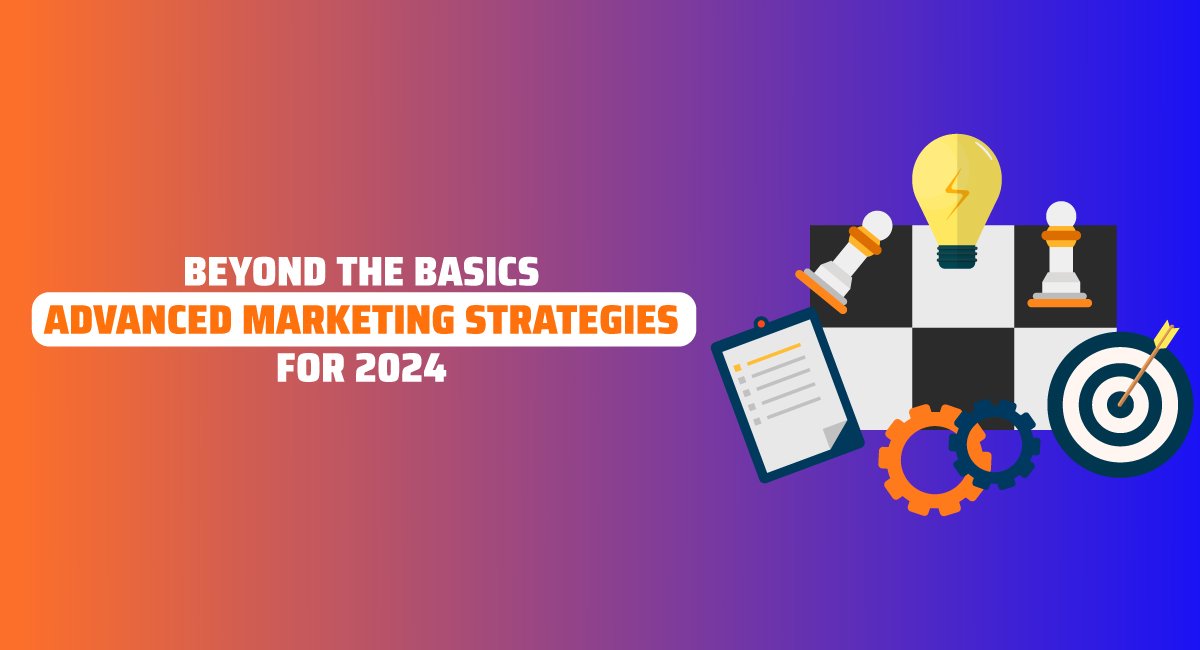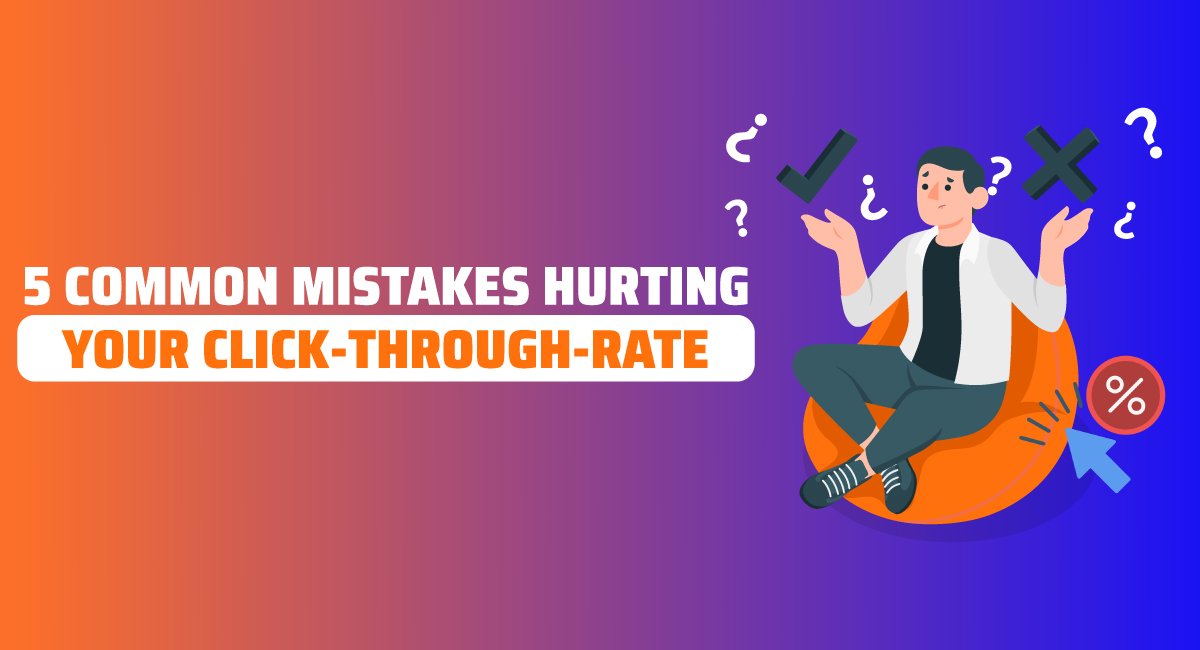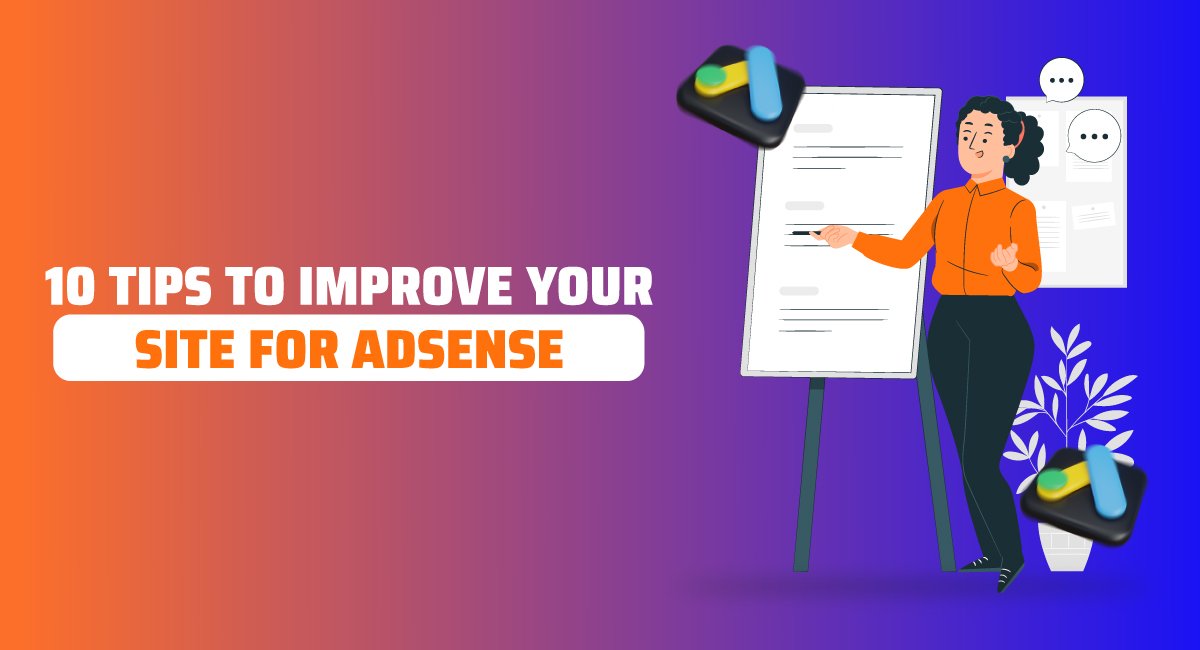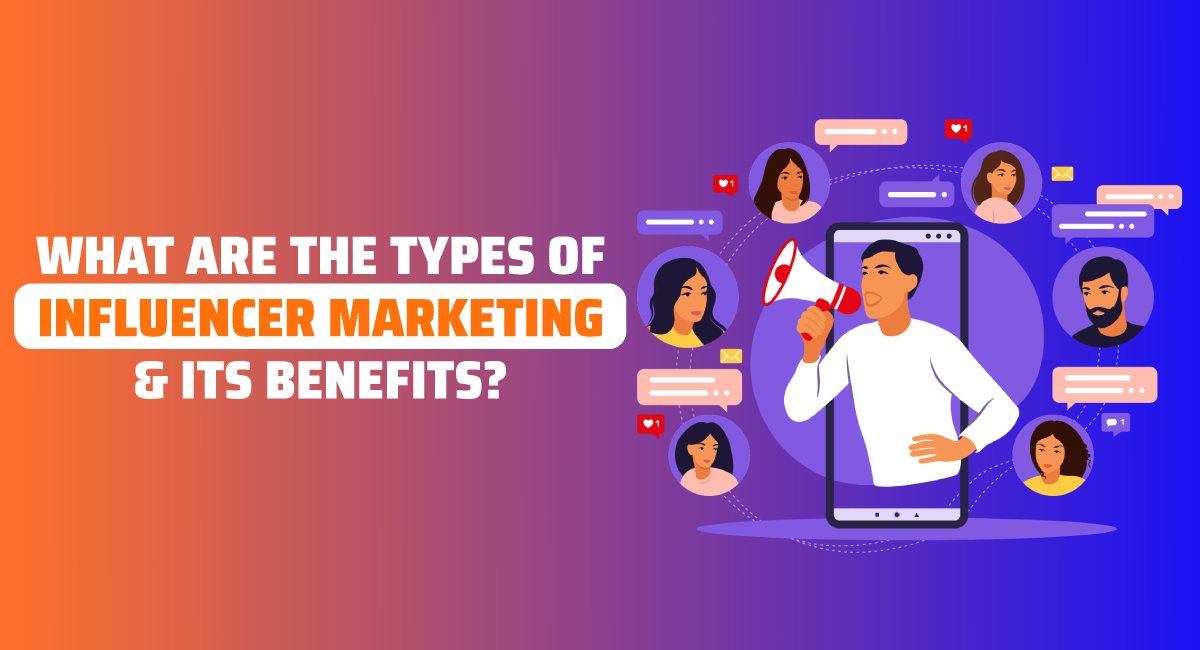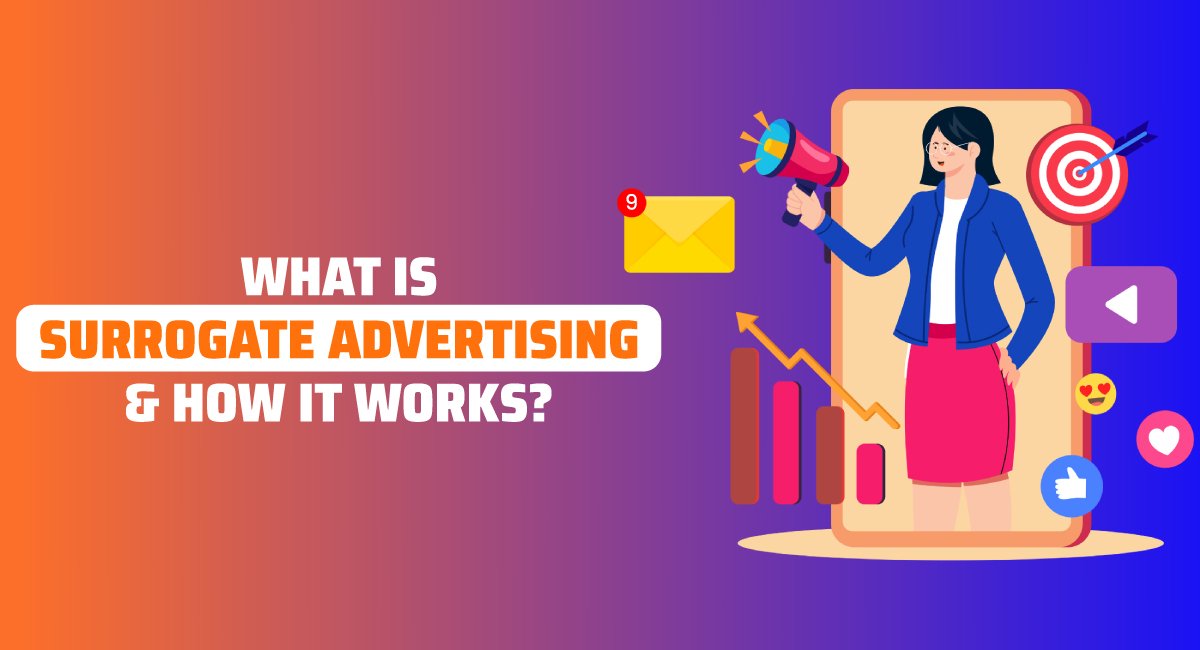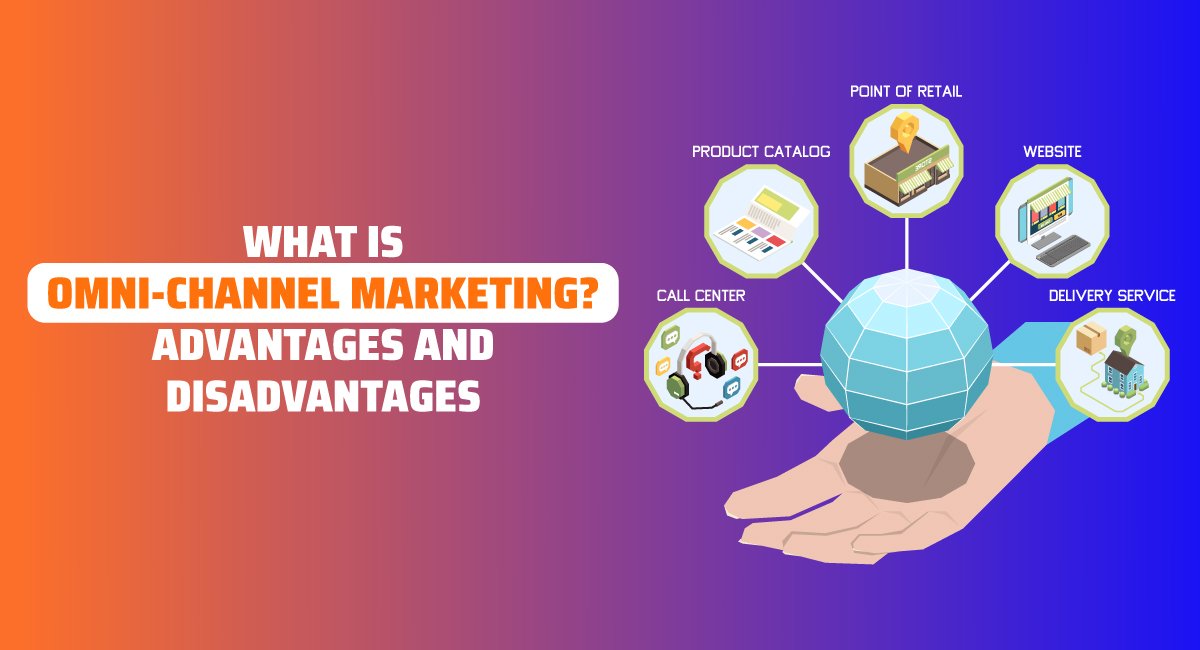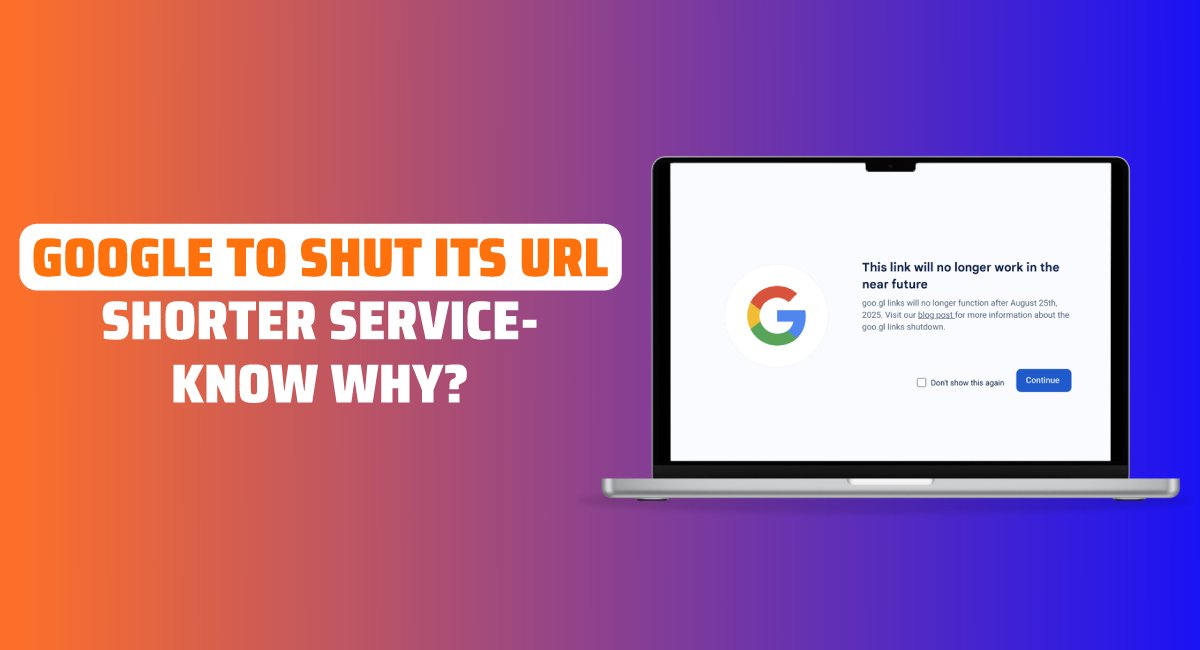
Best Practices for Closing Clients in Digital Marketing
Closing a client effectively is an essential aspect of being a successful digital marketer. In order to ensure a smooth and successful client closing process, it is important to follow a strategic guide that outlines key steps and best practices.
The first step in the client closing process is to ensure clear communication and understanding between the digital marketer and the client. This includes discussing and finalizing project scope, timelines, and deliverables, as well as addressing any questions or concerns the client may have.
Another crucial aspect of closing a client successfully is to manage client expectations throughout the duration of the project. It is important to provide regular updates and progress reports to the client, and to address any issues or challenges that may arise in a timely and transparent manner.
By keeping the client informed and involved in the process, digital marketers can build trust and confidence with the client, which can ultimately lead to a successful closing.
Lastly, it is important for digital marketers to provide a seamless and professional experience for the client as they wrap up the project. This includes delivering all final assets and results on time and in line with the agreed upon standards.
Digital marketers should take the time to gather feedback from the client about their experience working together, and to address any areas for improvement in future projects. By following a comprehensive client closing guide, digital marketers can ensure a positive and successful closing experience for both themselves and their clients.
Best Practices for Closing Clients
Closing clients as a digital marketer requires a mix of effective communication, understanding client needs, and showcasing your value. Here are some top tips to help you successfully close deals:
1. Understand Client Needs
- Ask Questions: Use open-ended questions to uncover their goals, challenges, and expectations.
- Listen Actively: Pay close attention to their responses, showing that you genuinely care about their needs.
2. Showcase Your Expertise
- Provide Case Studies: Share examples of past successes to demonstrate your ability to deliver results.
- Highlight Industry Knowledge: Position yourself as an expert in their industry to build trust.
3. Tailor Your Pitch
- Customize Proposals: Create personalized solutions that directly address their specific needs and pain points.
- Use Relevant Data: Include metrics and insights that resonate with their business objectives.
4. Build Rapport
- Establish a Connection: Find common ground or shared interests to create a more personal connection.
- Be Authentic: Show your personality and be genuine in your interactions.
5. Communicate Value
- Focus on Benefits: Highlight how your services will solve their problems and contribute to their success, rather than just listing features.
- Use ROI Metrics: Emphasize potential returns on investment to demonstrate the financial benefits of your services.
6. Address Objections
- Anticipate Concerns: Prepare responses to common objections, whether related to budget, timing, or skepticism about digital marketing.
- Be Solution-Oriented: Offer solutions or compromises to address their concerns effectively.
7. Create Urgency
- Limited-Time Offers: Mention any time-sensitive promotions or benefits to encourage quicker decision-making.
- Emphasize Opportunity: Highlight the risks of inaction or the advantages of moving forward now.
8. Follow Up Strategically
- Stay Engaged: Send follow-up emails or messages to reiterate key points and remind them of your conversation.
- Be Persistent, Not Pushy: Maintain contact without overwhelming them, showing that you’re invested in their decision.
9. Ask for the Sale
- Be Direct: Don’t be afraid to ask for the business directly. Use phrases like, “Are you ready to move forward?”
- Use Closing Techniques: Consider techniques like the assumptive close (assuming they’ll move forward) or the summary close (recapping benefits before asking).
10. Prepare for Next Steps
- Outline a Clear Plan: Provide a roadmap for what happens after they sign on, including timelines and deliverables.
- Make Onboarding Easy: Simplify the onboarding process to ensure a smooth transition and build confidence in your partnership.
By implementing these tips, you can improve your chances of successfully closing clients in your digital marketing efforts. Building relationships and delivering value are key to long-term success.

.png)
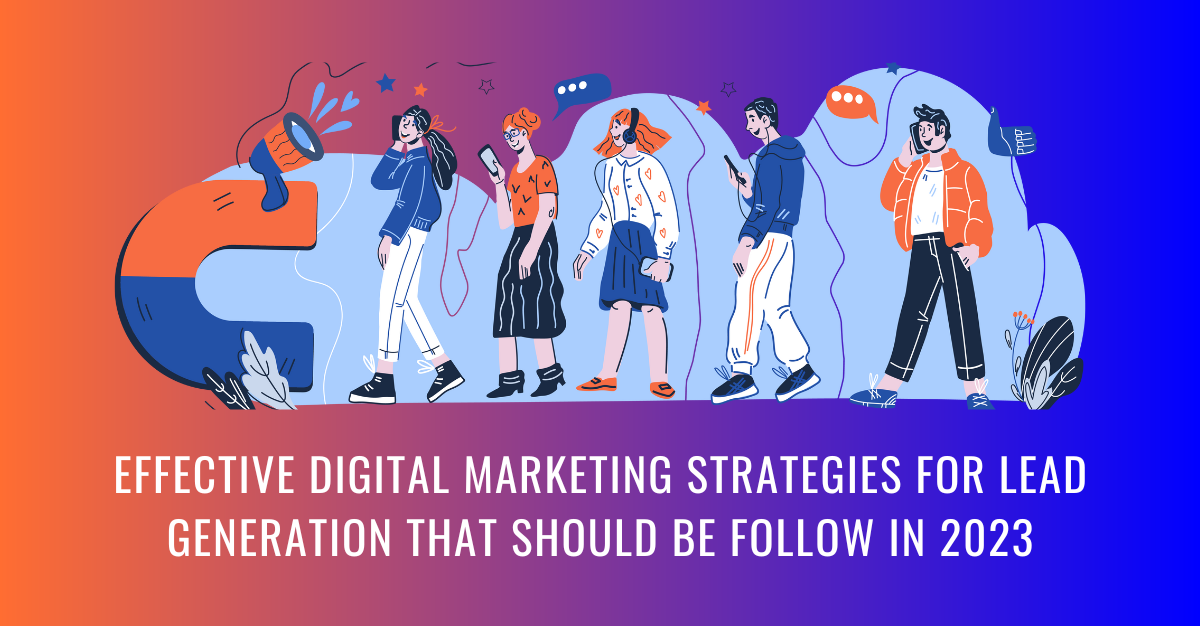
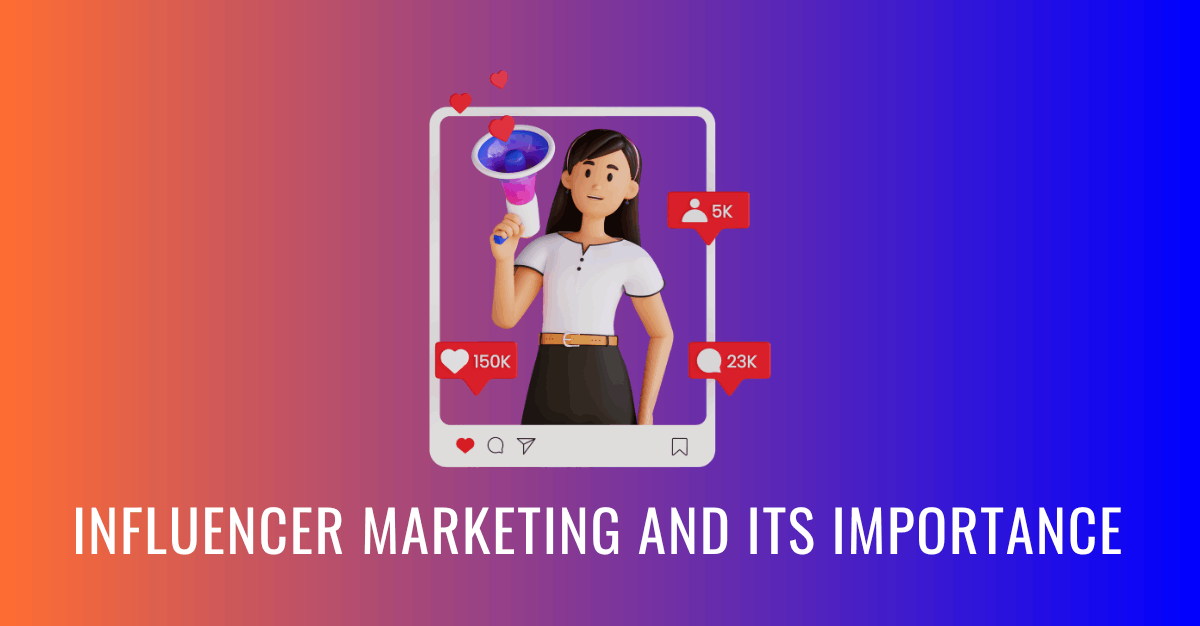
.png)



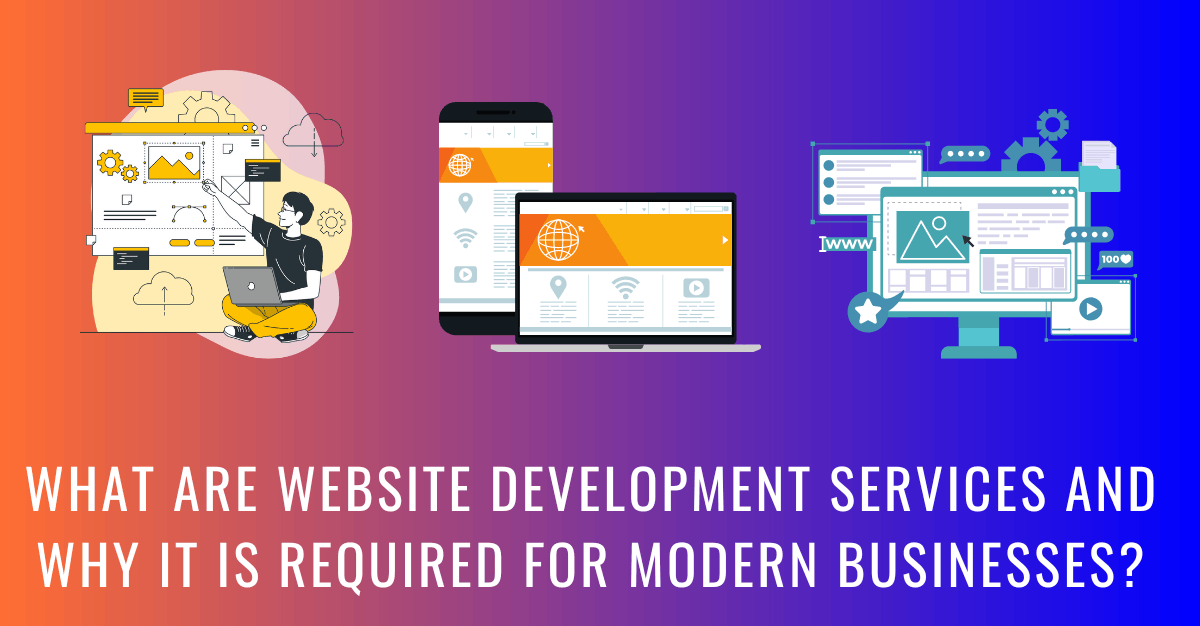
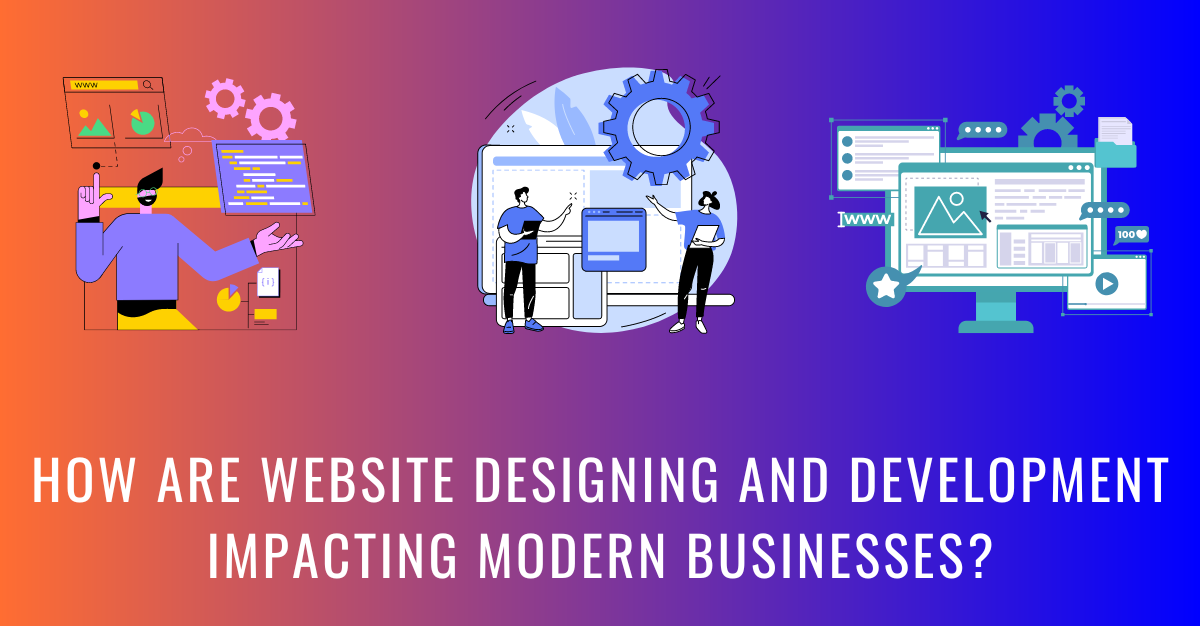

.png)
.png)


.png)
.png)
.png)
.png)
.png)
.png)
.png)
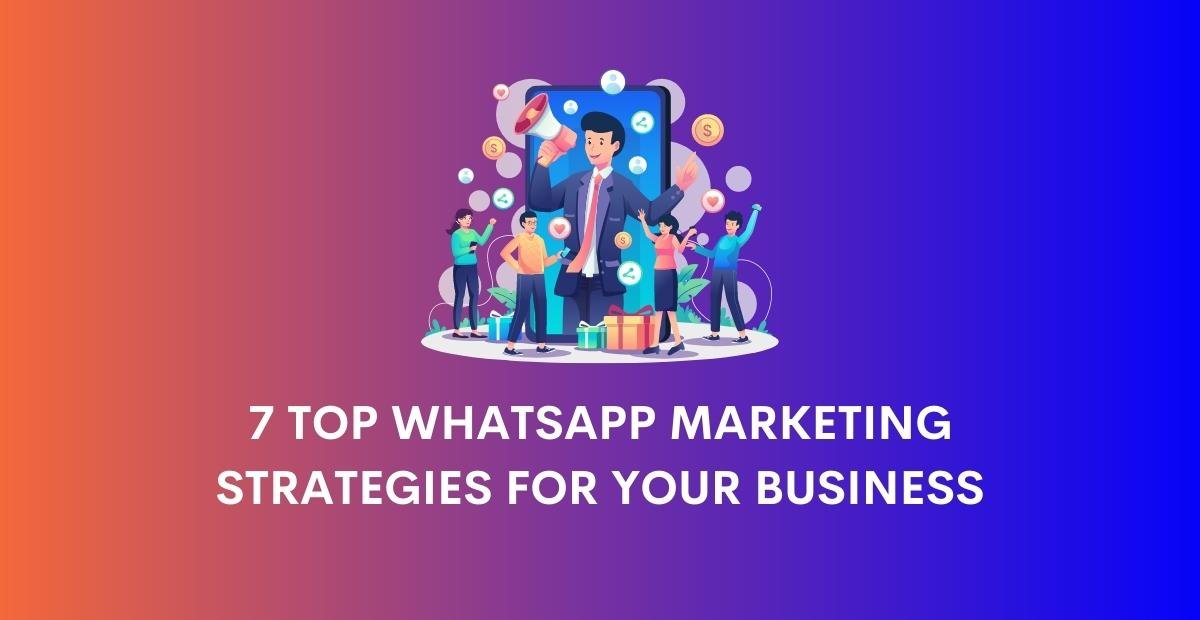
.png)
.png)
.png)
.png)
.png)
.png)
.png)
.png)
.png)
.png)







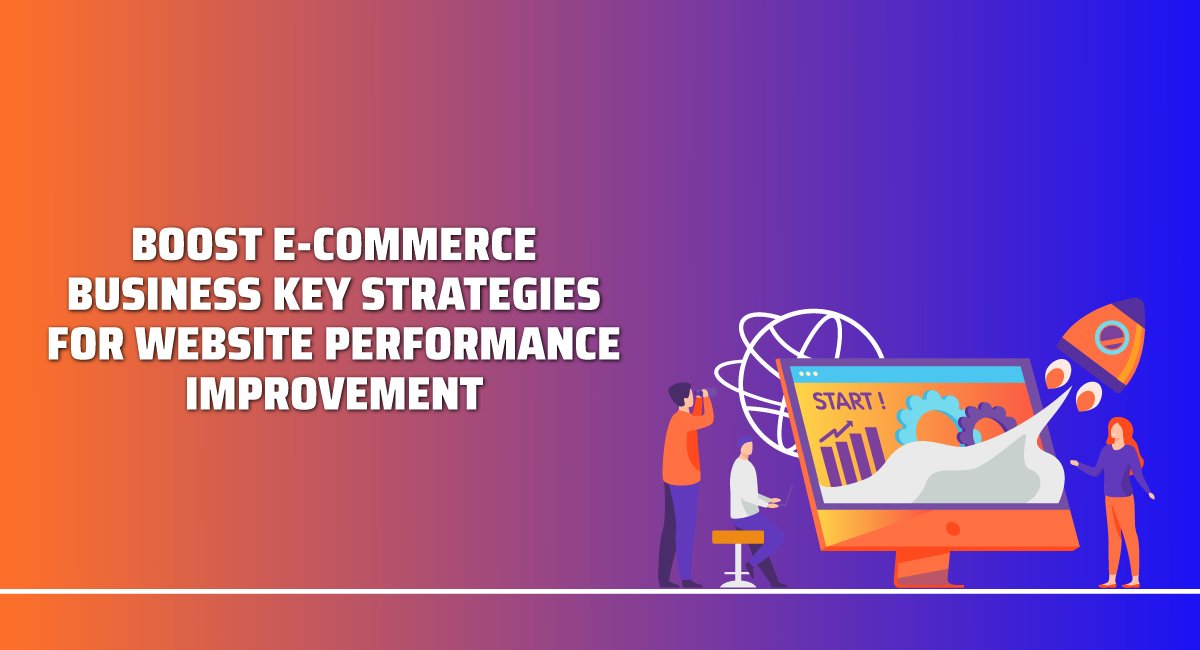

.jpg)






